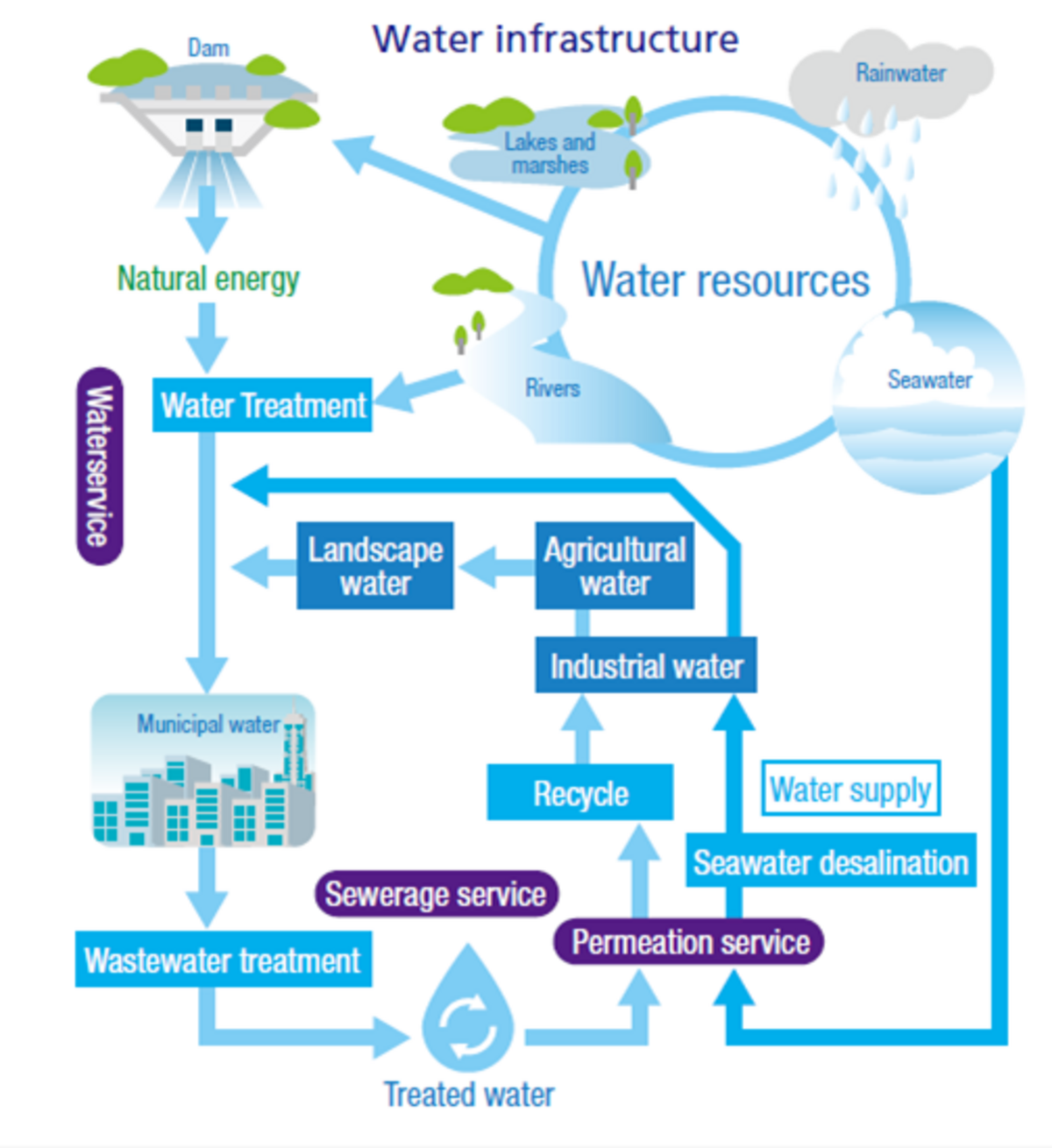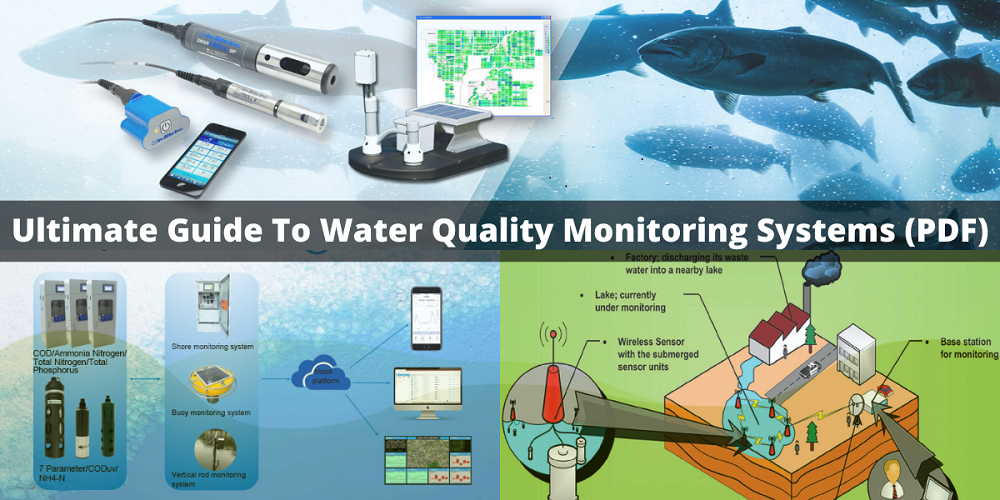The Jal Jeevan Mission (JJM) stands as a beacon of hope, promising every rural household in India access to safe drinking water through dedicated tap connections. While ensuring adequate quantity is paramount, the mission rightfully recognizes that water quality holds equal weight in safeguarding public health and well-being. JJM’s comprehensive approach to water quality monitoring paints a promising picture for the future of rural India, with far-reaching impacts beyond just access to clean water.
 JJM leverages a robust two-tiered system for water quality assessment:
JJM leverages a robust two-tiered system for water quality assessment:
-
State-Level Laboratories: This network forms the backbone, meticulously testing samples against prescribed standards. Notably, these labs are open to the public, fostering engagement and ownership.
-
Field Testing Kits (FTKs): JJM empowers communities by training individuals, often women, to use FTKs for basic water quality checks at the source. This not only empowers them to identify potential issues but also fosters a sense of responsibility and ownership over their water security.
The JJM-WQMIS portal acts as a central repository for water quality data, ensuring transparency and accessibility. Real-time data empowers authorities, researchers, and communities to identify trends, target interventions, and celebrate successes. This data-driven approach allows for continuous improvement and ensures resources are directed where they are needed most.
JJM acknowledges the heightened need for safe water in vulnerable areas like drought-prone regions, water quality-affected habitations, and districts grappling with challenges like Japanese Encephalitis-Acute Encephalitis Syndrome (JE-AES). By allocating specific funds and prioritizing interventions, JJM has demonstrably improved access to clean water, impacting not just individual health but also creating ripple effects throughout communities. Reduced waterborne diseases translate to improved child health and school attendance, ultimately leading to better educational and economic opportunities.
JJM’s impact extends far beyond statistics. Access to safe water empowers women by freeing them from water collection burdens, opening doors to education and income generation. It fosters community ownership and responsibility, encouraging sustainable water management practices like conservation and sanitation. These ripple effects contribute to the overall well-being and development of rural communities.
JJM’s commitment is commendable, but continued efforts are crucial. Expanding FTK training programs, particularly in remote areas, can further empower communities. Strengthening the WQMIS portal with advanced data analysis capabilities can provide deeper insights and guide targeted interventions. Promoting community-led initiatives for water conservation and sanitation practices can create a holistic approach to water management, ensuring long-term sustainability.
By addressing these aspects, JJM can move beyond providing mere infrastructure and truly empower rural communities to safeguard their health, and well-being, and pave the way for a brighter future, generation after generation. The mission’s success lies not just in numbers, but in the transformative impact it creates on the lives and futures of millions across rural India.




